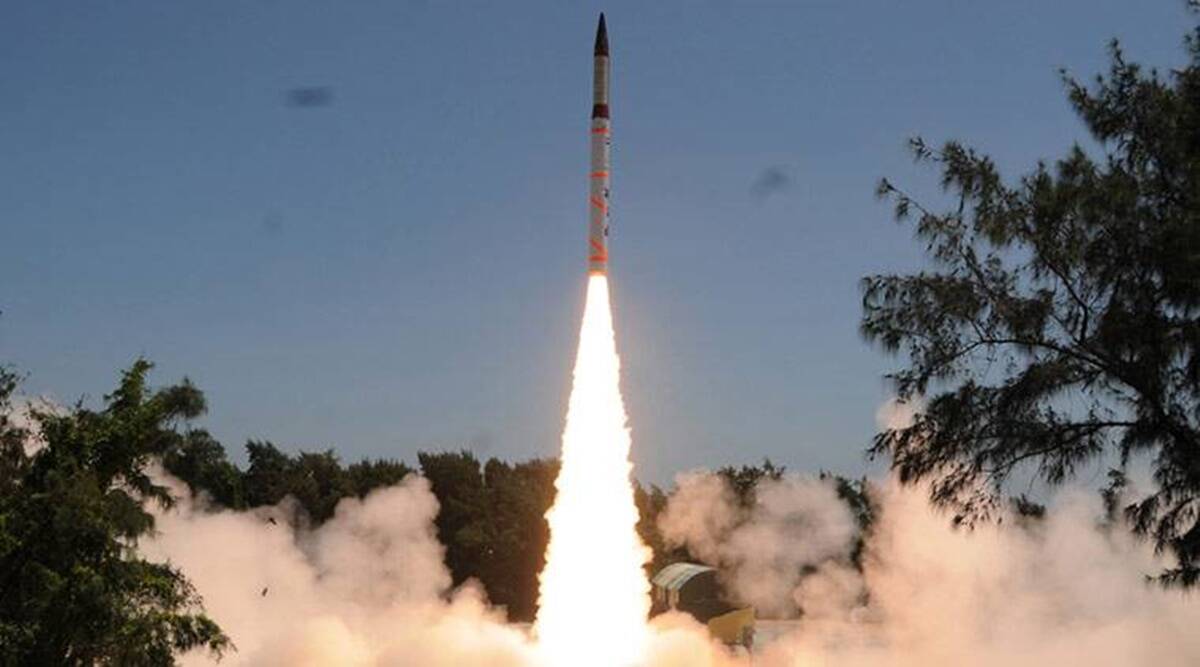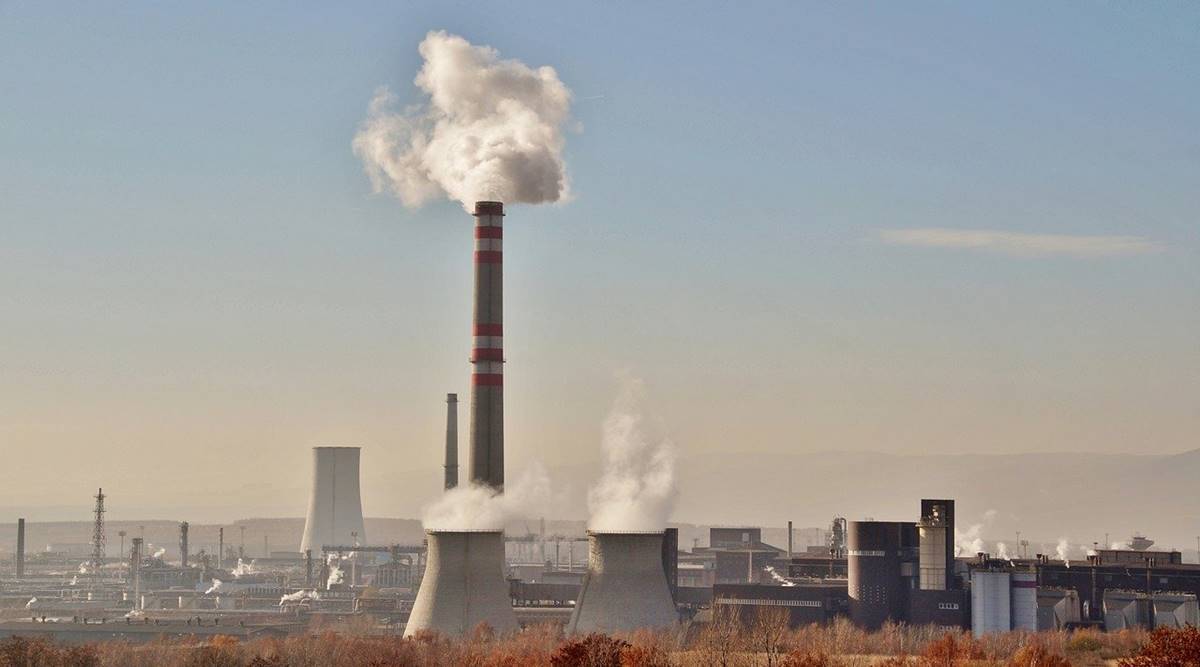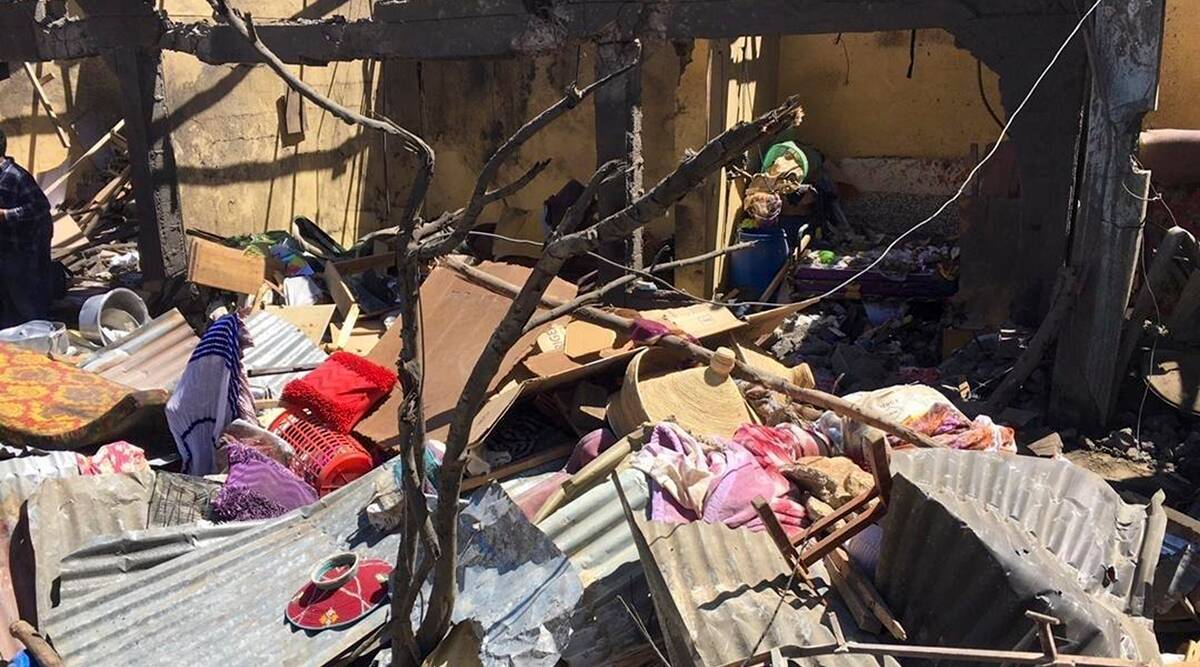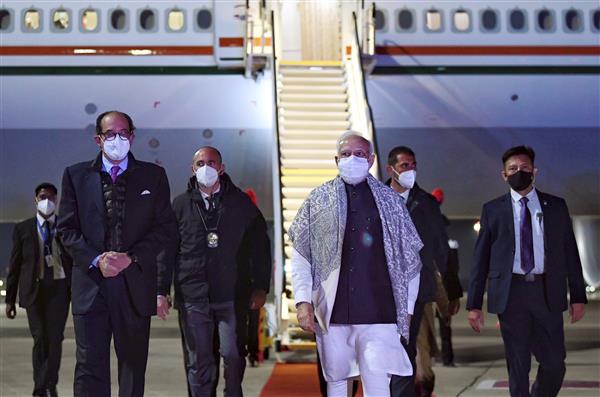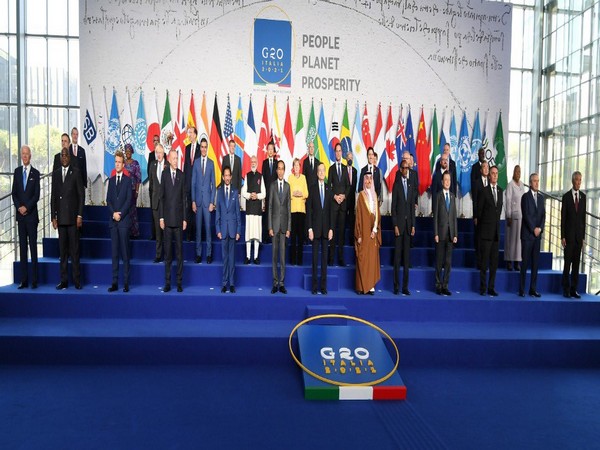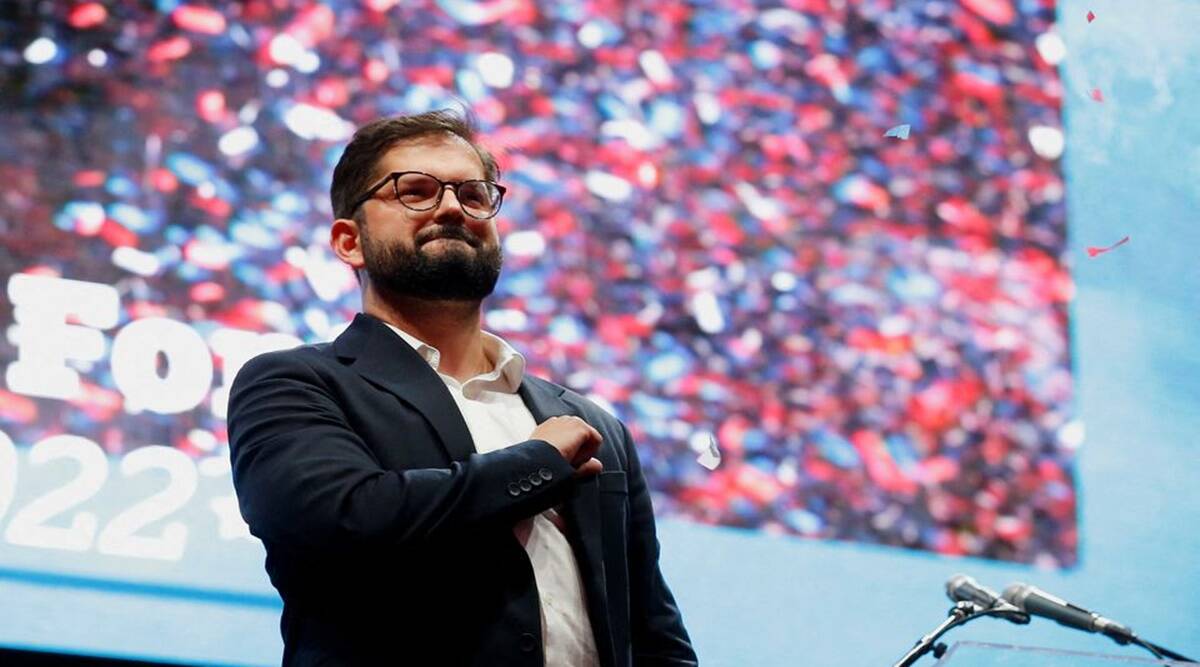
09/04/2022
Santiago, Chile, Sept. 4: Chileans are voting in a plebiscite Sunday on whether to adopt a far-reaching new constitution that would fundamentally change the South American country.
The proposed charter is intended to replace a constitution imposed by a military dictatorship 41 years ago.
For months, opinion polls have shown a clear advantage for the rejection camp, but the difference has been narrowing, giving hope to the charter's supporters that they can pull out a victory.
“We are clearly in a situation in which the result will be close,” said Marta Lagos, head of MORI, a local pollster. “The Chilean is a political animal who decides at the last minute.”
The outcome will have a resounding impact on President Gabriel Boric, 36, who has been one of the main proponents of the new constitution. Analysts say voters also likely view the vote as a referendum on Chile’s youngest-ever president, whose popularity has plunged since taking office in March.
Voting is mandatory in the plebiscite, which climaxes a three-year process that began when the country once seen as a paragon of stability in the region exploded in student-led street protests in 2019. The unrest was sparked by a hike in public transportation prices, but it quickly expanded into broader demands for greater equality and more social protections.
The following year, just under 80% of Chileans voted in favor of changing the country’s constitution that dates from the country’s 1973-1990 military dictatorship led by Augusto Pinochet.
Then in 2021, they elected delegates to a constitutional convention. Amid the anti-establishment fervor of the time, Chileans largely chose people outside the traditional political establishment to draft the new constitution. It was the first in the world to be written by a convention split equally between male and female delegates.
After months of work, delegates came up with a 178-page document with 388 articles that, among other things, puts a focus on social issues and gender parity, enshrines rights for the country’s Indigenous population and puts the environment and climate change center stage in a country that is the world’s top copper producer. It also introduces rights to free education, health care and housing.
The new constituion would characterize Chile as a plurinational state, establish autonomous Indigenous territories and recognize a parallel justice system in those areas, although lamakers would decide how far-reaching that would be.
In contrast, the current constitution is a market-friendly document that favors the private sector over the state in aspects like education, pensions and health care. It also makes no reference to the country's Indigenous population, which makes up almost 13% of the country’s 19 million people.
“This is a door to build a more just, more democratic society,” said Elisa Loncon, an Indigenous leader who was the first president of the convention. “It isn’t as if Chile will wake up with all its political and economic problems automatically resolved, but it's a starting point.”
Hundreds of thousands of people took over a main avenue in Chile’s capital Thursday night at the closing rally of the pro-charter campaign, a turnout that proponets say shows a level of excitement the polls do not reflect.
“Polls have not been able to capture the new voter, and above all, the young voter,” Loncon said.
Once the convention got to work, Chileans quickly began souring on the proposed document, with some worrying it was too far left. It is “an imposition by leftist radicals on society at large,” said Paulina Lobos, who has been campaigning against the proposed document.
Supporters say that was at least in part due to a flood of fake news that spread lies about the proposed constitution.
But it wasn’t just about the document's contents. Chileans also grew frustrated at the convention delegates who often made headlines for the wrong reasons, such as one who lied about having leukemia and another who cast a vote while taking a shower.
“An opportunity was missed to build a new social pact in Chile,” said Sen. Javier Macaya, head of the conservative Independent Democratic Union party that is campaigning against the new constitution. “We are defending the option to reject (the document) so we have a new chance to do things better.”
Macaya insists it is important for a new constitution to win approval by a broad margin “through consensus and compromise.”
Although Chileans, including the country's political leadership, largely agree the dictatorship-era constitution needs to be tossed out, how that will be achieved if the current proposal is rejected remains to be seen.
“If it’s rejected, what is institutionalized is maintaining Pinochet’s constitution — that constitution that no longer answers the needs of Chilean society,” Loncon said.-AP
